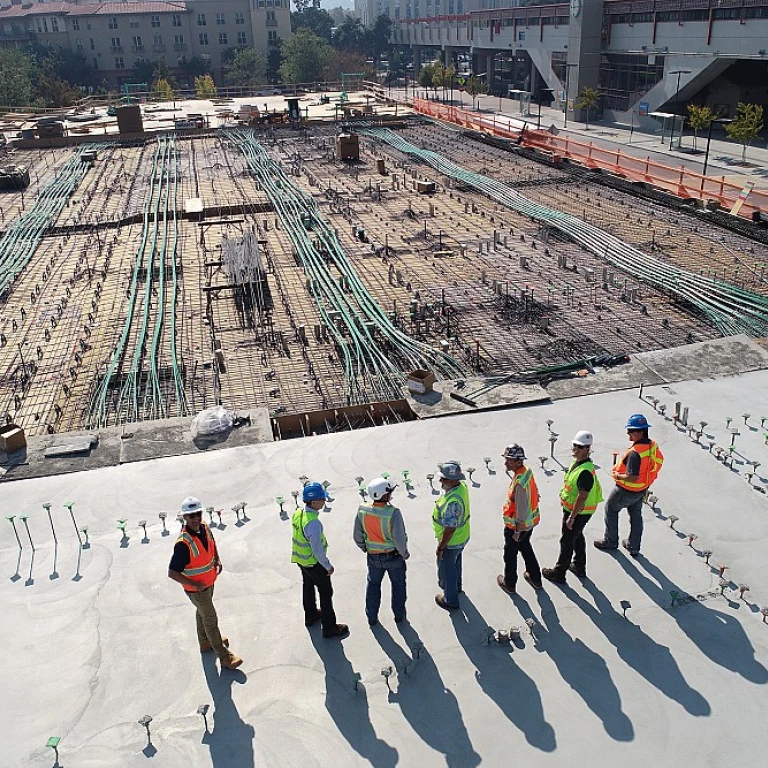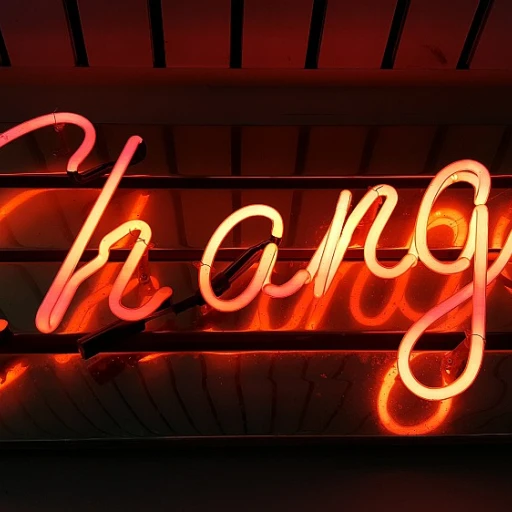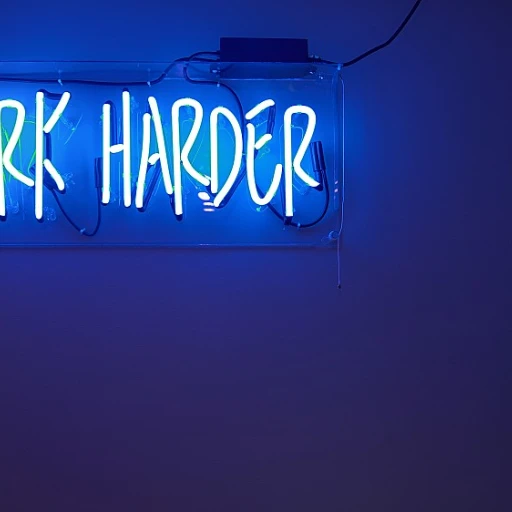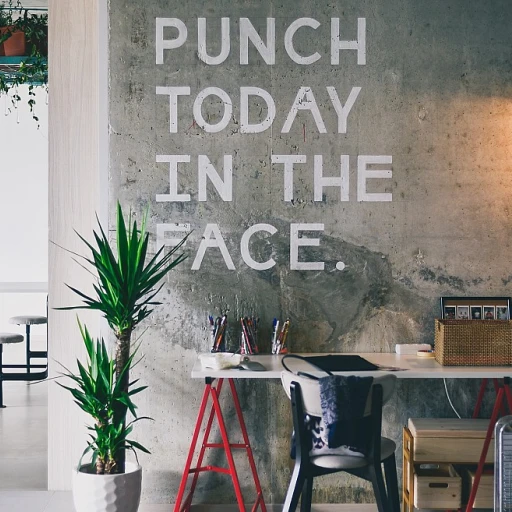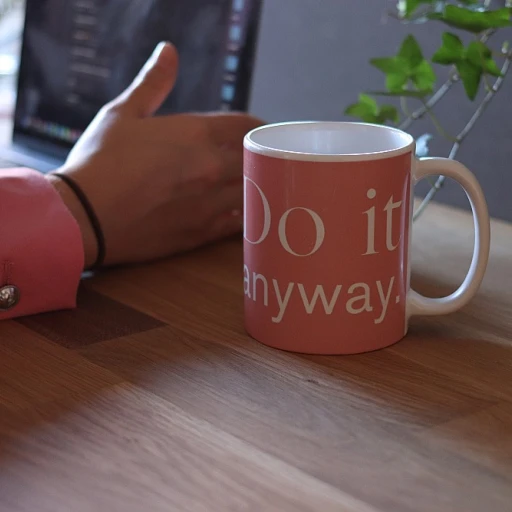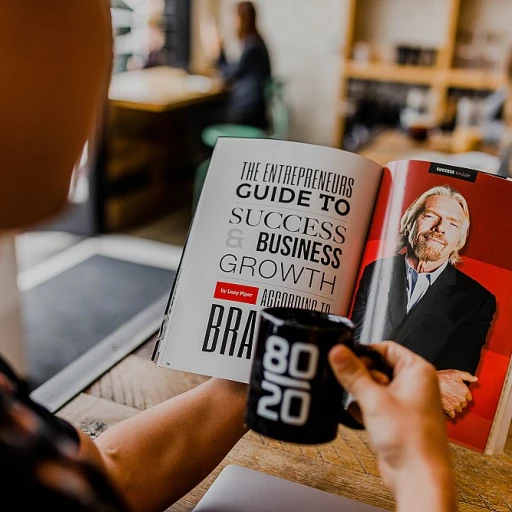Understanding the Candidate Experience
The Importance of Candidate Experience in the Hiring Process
Understanding the candidate experience is crucial for any organization aiming to attract top talent. The job interview process is not merely a formality; it is a critical step where candidates interact with the company, forming opinions about its culture and values. From the moment a candidate steps in for a job interview, first impressions play a significant role in shaping their perception.
For the hiring managers and interviewers, it is essential to recognize that candidates are also evaluating the company during their visit. A well-organized hiring process reflects a professional and welcoming environment. Everything from the questions asked during interviews to the company culture exhibited can influence a candidate's decision to join the firm. A good candidate experience can become a company’s competitive advantage in the job market.
Job candidates often arrive with various levels of professional experience and skills, seeking roles that match their career aspirations. The way a company presents itself can make or break a candidate's final decision. While job seekers rely on answers to their interview questions to understand the role better, they also look for subtle cues about how they will fit within the company.
Effectively managing candidate availability, interview scheduling, and communication demonstrates respect for a candidate's time and effort. If the overall experience is positive, even candidates who don’t receive a job offer may speak highly of the company, thus enhancing its reputation.
The hiring process extends beyond job descriptions and polite small talk. Candidates will remember the way they were treated, the professionalism displayed, and the follow-up practices adopted by the company. Investing time in considering how a candidate perceives their interview journey can lead to a more efficient and positive hiring outcome.
The Impact of First Impressions
First Impressions Matter
Creating a positive candidate experience begins the moment candidates walk through the door. First impressions can significantly influence a candidate's perception of the company and impact their interest in taking a role. From how a hiring manager greets them to the atmosphere of the waiting area, every detail counts.
The environment candidates enter can set the tone for the entire interview process. A professional yet welcoming atmosphere can help alleviate some of the stress that comes with a job interview. It's important for companies to ensure that their office or interview space conveys their company culture. For some, this might mean a more relaxed business casual environment. Whatever the setting, consistency with the company's image and values is key.
When it comes to the interviewer, their demeanor can make or break the experience. Smiling, offering a firm handshake, and maintaining a friendly but professional tone can make job candidates feel more at ease. Ultimately, the goal is to make them feel valued and respected.
Time management is another critical aspect of making a positive first impression. Punctuality reflects professionalism and respect for the candidate's time. Whether it's setting clear expectations for the duration of the interview or ensuring there are no long waiting times, managing time efficiently speaks volumes about the company's organizational skills.
Incorporating input from hiring managers and employees who interact with candidates helps holistic development of these initial engagement practices. Immediate impressions influence whether a candidate becomes an enthusiastic new hire or continues their job search elsewhere. Therefore, paying attention to these details can make a significant difference in hiring success.
Managing Multiple Candidates Simultaneously
Efficiently Managing Overlapping Candidate Interactions
In competitive hiring landscapes, a well-structured process for managing multiple candidates simultaneously can greatly enhance the candidate experience. As a hiring manager, orchestrating interviews with several candidates arriving on the same day can be daunting, yet rewarding when done effectively. Begin by ensuring that each candidate feels valued and that their time is respected. Creating a detailed schedule with clearly defined time slots for each interview will help maintain the flow and prevent unnecessary waiting times that may lead to negative first impressions.
While simultaneous interviews can seem rushed, it’s crucial to maintain professionalism. Interviewers should be well-prepared with each candidate’s resume and tailored questions interview sessions accordingly, focusing on the particular skills and job role at hand. Offering a warm welcome and ensuring candidates feel aligned with the company culture can turn a potentially stressful job interview into a positive experience.
It’s imperative to communicate candidate availability clearly. Before scheduling interviews, confirm each candidate's preferred time, taking into account their current work commitments and career aspirations. This consideration shows respect for their professional and personal obligations, easing their stress during the job search.
For hiring managers, maintaining discipline in the interview process is essential. Assign specific roles to each interviewer, ensuring they focus on different aspects of the candidate's fit for the role, from technical skills to alignment with company values. A well-coordinated interview will not only enhance the candidate's perception of the company but also improve the quality of your hiring decisions.
Engaging in thoughtful and open communication with each candidate, both individually and collectively, lays a strong foundation for the remaining stages in the hiring process. Whether it's for a second interview or a follow-up call, ensuring that candidates leave feeling heard and understood is paramount. Additionally, effective feedback strategies can be reviewed more in-depth
here.
Communication is Key
Effective Communication Throughout the Process
When it comes to enhancing the candidate experience, communication stands as a pillar of priority. From the initial outreach to the final decision, every touchpoint in the hiring process should be infused with clarity and respect.
First impressions in interviews are crucial, and the story begins with the very first contact. Job interviews might seem daunting from the candidate's perspective, but clear communication can considerably ease that burden.
Importance of Consistent Interaction
To keep candidates engaged and informed, hiring managers should maintain consistent communication. Here are some essential practices:
- Timely Updates: Keep candidates informed about where they stand at each stage of the interview process. This includes notifying them promptly if they will not be moving forward in the hiring process.
- Transparent Timeline: Share a clear timeline of the hiring process, including when job candidates can expect interviews to take place and when decisions will be made.
- Preparation Guidelines: Provide a detailed overview of the interview format, whether it is a panel setup or a one-on-one interview, and what business casual attire entails.
Crafting the Right Questions
When conducting interviews, it's important for interviewers to ask insightful questions that explore a candidate's career trajectory, skills, and fit within the company culture. Interview questions should be tailored to the role and encompass both technical abilities and professional demeanor.
During the interview, show genuine interest in the candidate's responses. This demonstrates respect and can put the interviewee at ease, making it a productive dialogue rather than a nerve-wracking experience.
Ensuring a Reciprocal Dialogue
Remember, the interview is not just for the company to assess the candidate. It is equally an opportunity for the candidate to evaluate the role and company culture. Encourage candidates to ask questions about the job description, team dynamics, and their potential contributions.
In essence, effective communication is one of the key elements that enhances the overall candidate experience. By fostering an environment where candidates feel valued and informed, companies not only improve the interview experience but also contribute to a positive employer brand image.
Feedback and Follow-Up
Importance of Constructive Feedback
Providing feedback is a critical step in ensuring a positive candidate experience throughout the hiring process. When candidates leave a job interview without any understanding of their performance or the next steps, it leaves them in a state of uncertainty. This can affect their perception of the company and even deter talented professionals from engaging with the organization in the future.
Feedback should be timely and constructive. Candidates invest their time and effort preparing for interviews, perfecting their resumes, and crafting cover letters tailored to the role. Therefore, offering them feedback shows respect for their endeavor and helps them refine their skills, whether it's for a second interview or a future job search.
Effective Follow-Up Practices
Timely follow-up is not just courteous; it's essential. After an interview, candidates are often eager to know where they stand. A professional approach involves reaching out to candidates promptly, whether the decision is positive or not. This can prevent misunderstandings and keep the candidates feeling respected and valued.
The hiring manager's role should include clear communication of the hiring process timeline, whether it involves a third interview or direct to a job offer. Even when the outcome isn't favorable, constructive feedback during the follow-up can enhance the candidate's experience and leave a good impression of the company.
Ensuring Clear Communication
During interviews, hiring managers can manage candidates' expectations by making them aware of what the company's interview process entails. Inform candidates about the professional dress code expected, whether it's business casual or more formal attire. It's also crucial to let candidates know how long they should expect interviews to last and what style of interview questions will be posed.
Ultimately, communication is not only about providing feedback but also about showing candidates that their time and efforts are genuinely valued by the company. With strategic communication, a company can greatly enhance its reputation among job candidates and improve overall candidate experience.
Leveraging Technology for a Seamless Experience
Optimizing the Hiring Process with Technology
In the fast-paced world of job searching and recruiting, leveraging technology can significantly enhance the candidate experience. Interview processes that smartly employ tech tools help both the company and the candidates manage their time and resources more effectively.
Digital platforms can streamline the interview scheduling process, ensuring that candidate availability aligns seamlessly with the interviewer’s calendar. This not only minimizes potential scheduling conflicts but also shows candidates that the company values their time.
Additionally, utilizing applicant tracking systems allows hiring managers to efficiently catalog candidates' information, such as resume details, cover letters, and relevant skills. These systems ensure that no detail is overlooked as the candidates progress through the various interview stages.
For a role that requires more than one interview, platforms offering virtual interview capabilities provide flexibility. Candidates can attend interviews regardless of geographical constraints, maintaining professional conduct whether the dress code is business casual or more formal.
Furthermore, technology can aid in maintaining consistent communication with candidates throughout the hiring process. Automated email responses and notifications keep candidates informed, contributing to a positive perception of the company culture.
While technology is a powerful ally in managing the logistics of job interviews, don't overlook personal touches. Balancing automation with personalized communication can make a significant difference in how a candidate perceives their potential future workplace.
Relying on tech tools doesn't just facilitate the hiring process; it ensures that the candidates' experience is smooth and professional, setting a foundation for their prospective career at the company.


